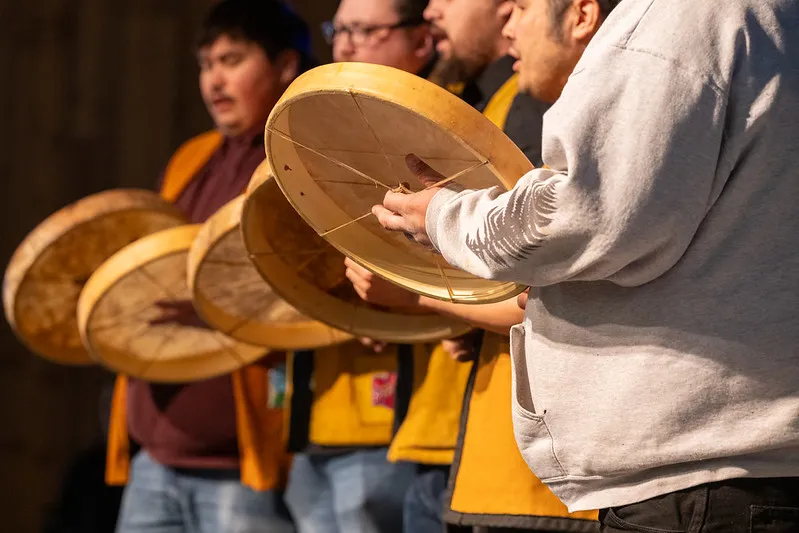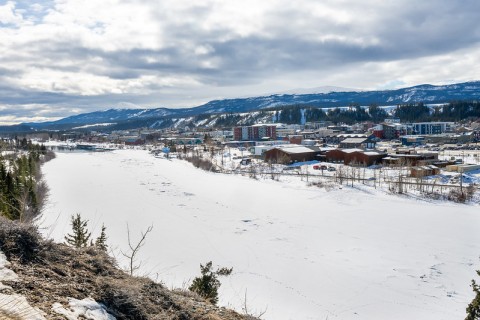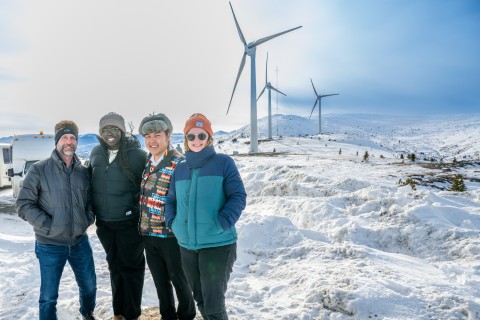As Canada shifts to a clean energy economy, the transition must be fair and equitable to all people—especially Indigenous Peoples.
Our energy future must ensure the communities we live in are safe, healthy and resilient. That’s why we work with industry, governments, and Indigenous leaders to help envision and build a future that serves us all.
Equity is one of our core values. As we continue to walk the path toward reconciliation, we are working to make the world better for everyone.



